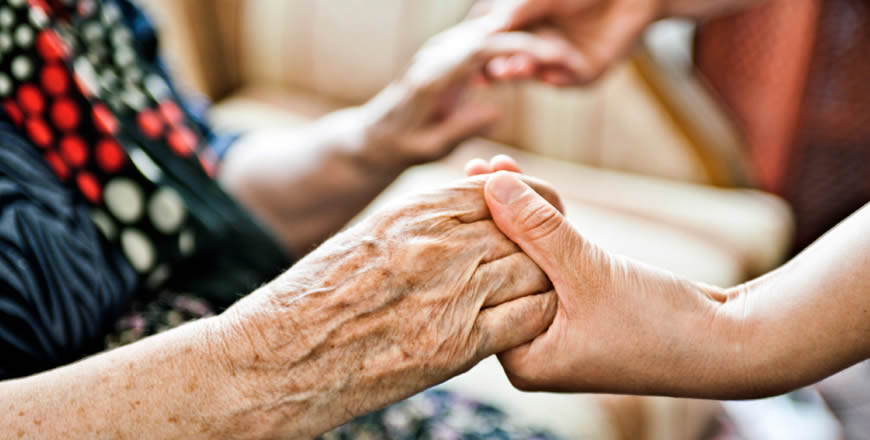So what do I do for my aging parents? To date, I’ve captained their move from from another state to live close to me and my husband, researched their health care providers and services, and taken them to doctors’ appointments, among other things. In the future, I expect I’ll do a lot more, including assisting them with activities of daily living or finding someone to do so, securing appropriate housing for them, and making important medical decisions for them as their durable power of attorney for health care. But the most important thing I’ve done and will continue to do for my parents is provide them with a sense of security. I am their advocate and they know they can trust me. This cannot be overstated and is the crux of the dilemma for myself and anyone else who won’t have their own “Teresa.”
“Yeah, but you’re an anomaly, Teresa. Most people don’t take care of their parents.”
“Having kids is no guarantee that there will be someone to take care of you when you’re older.”
“I wouldn’t want my children to have to take care of me.”
I hear these statements all the time. Yet statistics paint a different story. For example, a 2015 Pew research study that asked respondents from the U.S., Italy, and Germany about the care they provided for an aging parents in the prior 12 months found families are taking the lead role as caregivers for aging adults who need help handling their affairs or caring for themselves. Among adults with an aging parent who needs assistance, solid majorities in all three countries say they or someone else in their family provides most of the care, with few, especially in the U.S. and Italy, saying their parents rely primarily on paid help. According to a another 2015 study, 80% of older people with disabilities in the UK are cared for by their adult children and/or spouse.
While it’s true you can’t be 100% sure your kids will look after you in your later years, you can be 100% sure they won’t if you don’t have any. And if you don’t have a spouse or your spouse predeceases you, no luck there either. Perhaps this is the silver lining: people in my position don’t have the luxury of not planning their later years, since we can’t operate under the assumption that someone will be there to help. It’s unlikely that my “Teresa” will be a single person. Instead, it will probably be an amalgamation of various people, services, and technology. I’ll be exploring what I’m learning about this in future blog posts.

Theresa, I wish you luck on your journey as you search for your Theresa and I hope to read more as you explore the options available to you. My wife and I are in a similar situation, no children; I’m an only child, so no siblings, nieces or nephews. We are more than 25 years older than you, so the project that you are embarking on is of great interest to us.
I can envision some living situations where access to various levels of care are available as we age (CCRCs/Life Plan Communities), but one of the concerns is finding someone who would be a personal advocate for financial, healthcare and legal issues. While we would like to think that we could count on friends to step in and provide that advocacy, the truth is that as you age, those close friends who would agree to perform those duties are likely to move away, become incapacitated or die. So, the question remains, for those without family or close friends who are young and willing to accept this responsibility, where can they turn for help? I have discussed this issue with management at a Senior Living Facility and with a person working in the CCRC industry and in both cases I was told that they do have residents who are in this situation and both indicated that they were able to find Elder Law Attorneys who would act as an advocate for the individual. But they also said that the relationship is all about having the right attorney-client connection.
Getting an Elder Law Attorney to handle some areas of advocacy seems reasonable, but ideally you would have at least two people, maybe more, involved to ensure that all aspects of care are covered and to prevent fraud. This is where I would like to see some large institutional players get involved. Large banks and brokerage houses already have audit procedures and cross-checks to prevent financial fraud. They typically also have relationships with attorney groups to provide estate planning and other legal services. I don’t know what such an “Advocacy Service” should look like in the end, but it seems like companies that already provide “Wealth Management Services” and “Estate Planning Services” could also integrate general legal services and “Healthcare Management” into their services. I should point out that so far I have not found any company who is pursuing this strategy.
Once again, good luck. I will be following your blog.
Thanks for your comments, Rick. You stated, “Getting an Elder Law Attorney to handle some areas of advocacy seems reasonable, but ideally you would have at least two people, maybe more, involved to ensure that all aspects of care are covered and to prevent fraud. ” I totally agree. I’m hoping to explore that in a future post. Best wishes to you and wife as well!